US President Donald Trump says Israel and Hamas have agreed to the first phase of a Gaza peace deal.
It comes two years and two days after Israel launched a military campaign in Gaza in response to the 7 October 2023 attack, in which Hamas-led gunmen killed about 1,200 people and took 251 others hostage.
At least 67,183 have been killed by Israeli military operations in Gaza since then, including 20,179 children, the Hamas-run health ministry says.
Here is what we know about the agreement, and what remains unclear:
What has been announced?
After intense negotiations in Egypt, Israel and Hamas have agreed to a first phase of a US peace plan, the US president said.
Announcing the deal on social media, Trump said: “This means that ALL of the Hostages will be released very soon, and Israel will withdraw their Troops to an agreed upon line.”
“All parties” would be treated fairly, said Trump, who called these the “first steps toward… everlasting peace”.
Israeli Prime Minister Benjamin Netanyahu called it “a great day for Israel” and said his government would meet on Thursday to approve the agreement and “bring all our dear hostages home”.
In confirming the announcement, Hamas said it would “end the war in Gaza, ensure the complete withdrawal of the occupation forces, allow the entry of humanitarian aid, and implement a prisoner exchange”.
Israel and Hamas do not speak directly to each other – the negotiations were brokered by Trump’s Middle East envoy Steve Witkoff, Trump’s son-in-law Jared Kushner, and mediators from Egypt, Qatar, and Turkey.
What happens next?
Israel’s government is due to vote on the deal on Thursday.
If they formally approve it, Israel must withdraw its troops from Gaza to the agreed line, a senior White House official told BBC’s US partner, CBS News. The withdrawal would likely happen within 24 hours, the official said.
After this happens, a 72-hour clock will begin where Hamas must release the living hostages.
The release of the hostages would likely begin on Monday, the senior White House official said.
What do we not know?
What’s been announced so far is just the initial phase of Trump’s 20-point peace plan, which Israel has accepted and Hamas has partly agreed to.
However the announcements did not cover some thorny issues both sides have not reached a resolution on.
Notably, no details surround the disarmament of Hamas – a key point in Trump’s plan. Hamas has previously refused to lay down its weapons, saying it would only do so when a Palestinian state had been established.
The future governance of Gaza is also a sticking point. Trump’s 20-point plan states Hamas will have no future role in the Strip and proposes it be temporarily governed by a “technocratic, apolitical Palestinian committee”, before being handed over to the Palestinian Authority.
Netanyahu appeared to push back on the Palestinian Authority’s involvement last week, even as he accepted Trump’s plan.
Ultranationalist hardliners within Netanyahu’s ruling coalition, many of whom want to reconstruct Jewish settlements in Gaza, are also likely to object to this point.
Hamas, in response, said it still expected to have some role in governing Gaza.
In addition, as of Wednesday night, Hamas had not yet received the final list of Palestinian prisoners that Israel plans to release in exchange for the hostages in Gaza, a Palestinian source told the BBC.
The 20-point plan states that 250 life sentence prisoners plus 1,700 Gazans who were detained after 7 October 2023 will be released.
What’s been the reaction?
 Reuters
ReutersRelatives of Israeli hostages have welcomed the deal.
Eli Sharabi, whose wife and children were killed, and whose brother Yossi’s body is being held by Hamas, posted: “Great joy, can’t wait to see everyone home.”
The mother of hostage Nimrod Cohen posted: “My child, you are coming home.”
Meanwhile in Gaza, celebrations broke out after the announcement. “Thank God for the ceasefire, the end of bloodshed and killing,” Abdul Majeed abd Rabbo, a man in the southern Gaza city of Khan Younis, was quoted as saying by Reuters.
“I am not the only one happy, all of the Gaza Strip is happy, all the Arab people, all of the world is happy with the ceasefire and the end of bloodshed.”
 Reuters
ReutersWorld leaders have urged parties to abide by the deal.
“The suffering must end,” United Nations Secretary-General António Guterres said, adding that the UN would support the “full implementation” of the deal, as well as increase its delivery of aid and its reconstruction efforts in Gaza.
UK Prime Minister Sir Keir Starmer welcomed the news, saying: “This is a moment of profound relief that will be felt all around the world, but particularly for the hostages, their families, and for the civilian population of Gaza, who have all endured unimaginable suffering over the last two years.”
Australia’s Prime Minister Anthony Albanese called the agreement a “much needed step towards peace” and urged parties to “respect the terms of the plan”.
Lawmakers in the US have struck a cautiously optimistic tone.
“This is a first step, and all parties need to ensure this leads to an enduring end to this war,” Democrat Senator Chris Coons said in an X post.
Republican James Risch, chair of the Senate Foreign Relations Committee, called it a welcome deal and said he “looks forward to learning [its] details”.
With reporting by Rushdi Abualouf and Lucy Manning

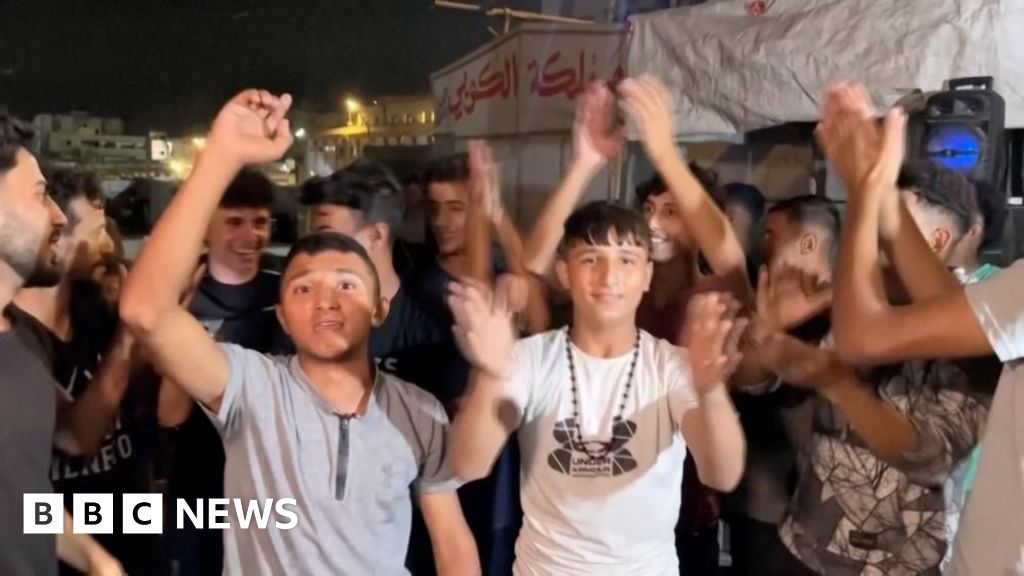

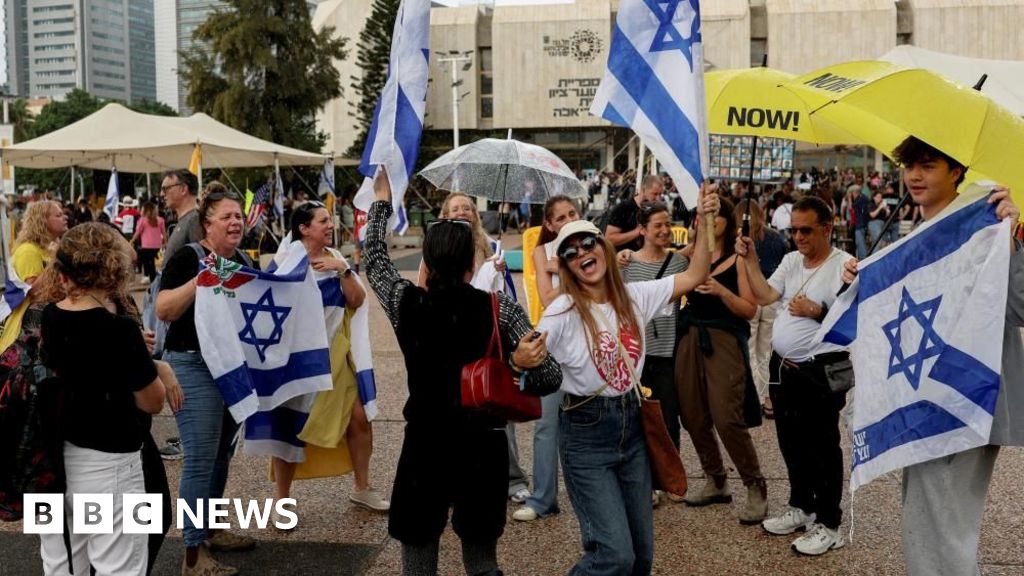

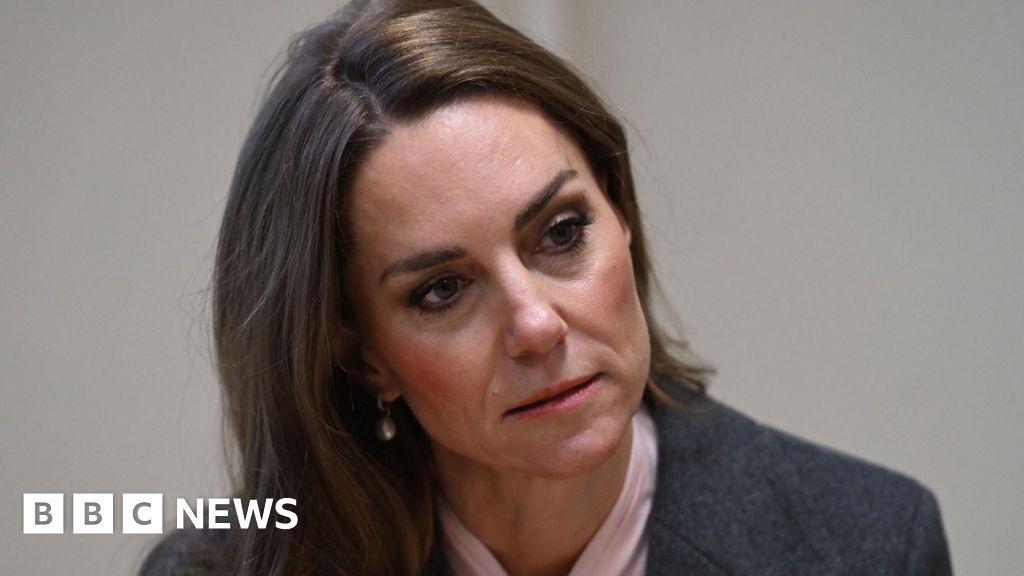
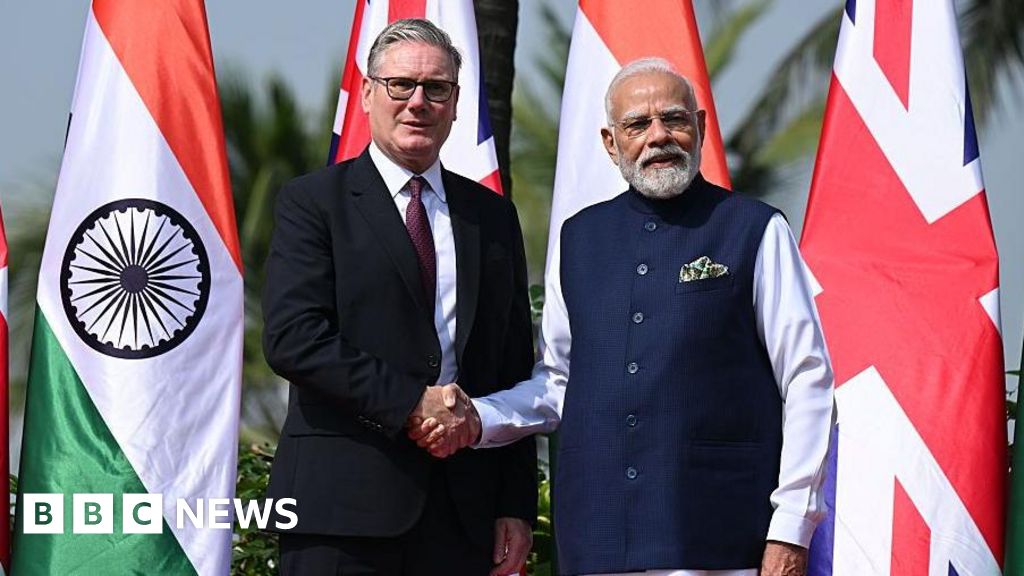
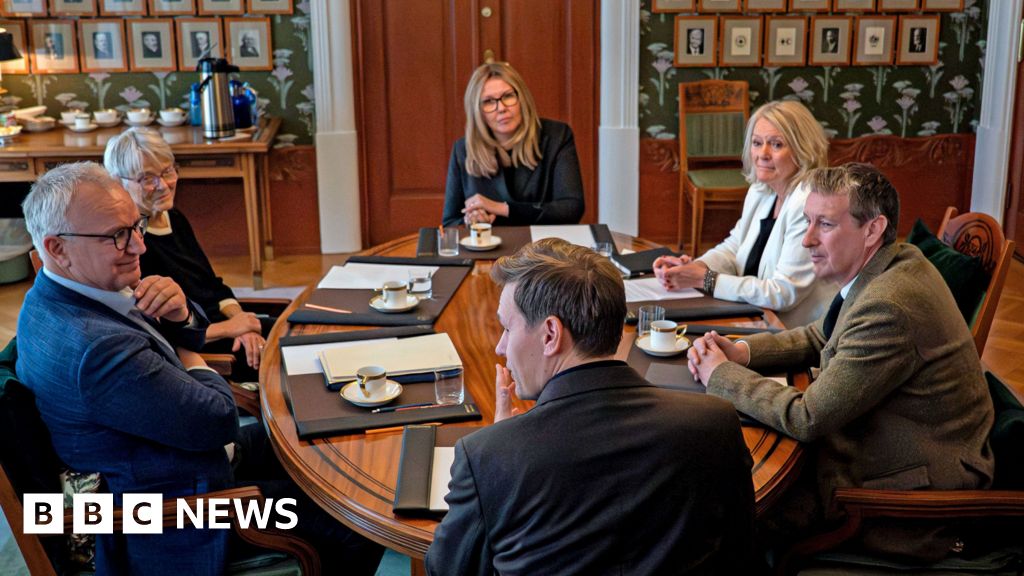
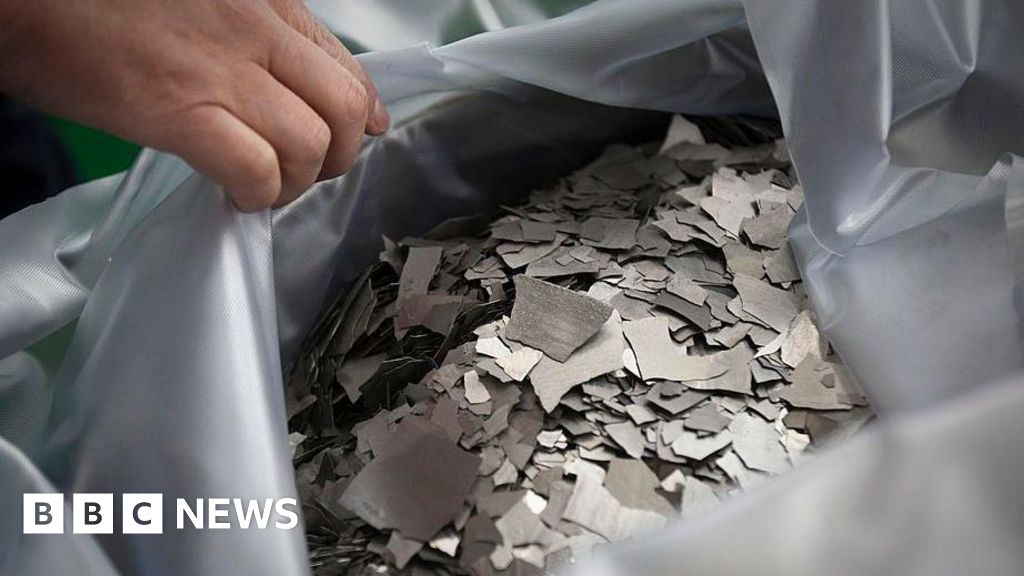

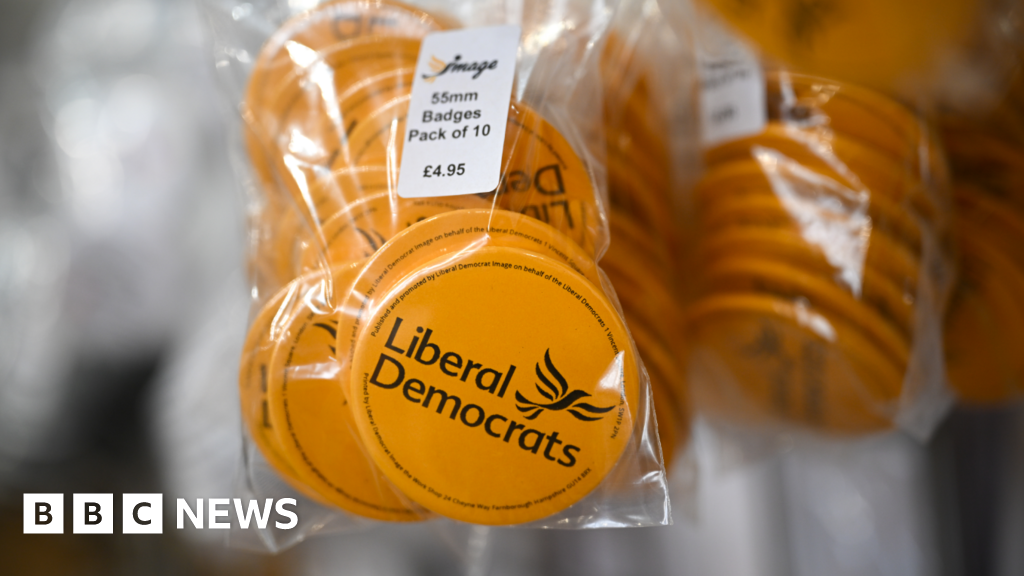
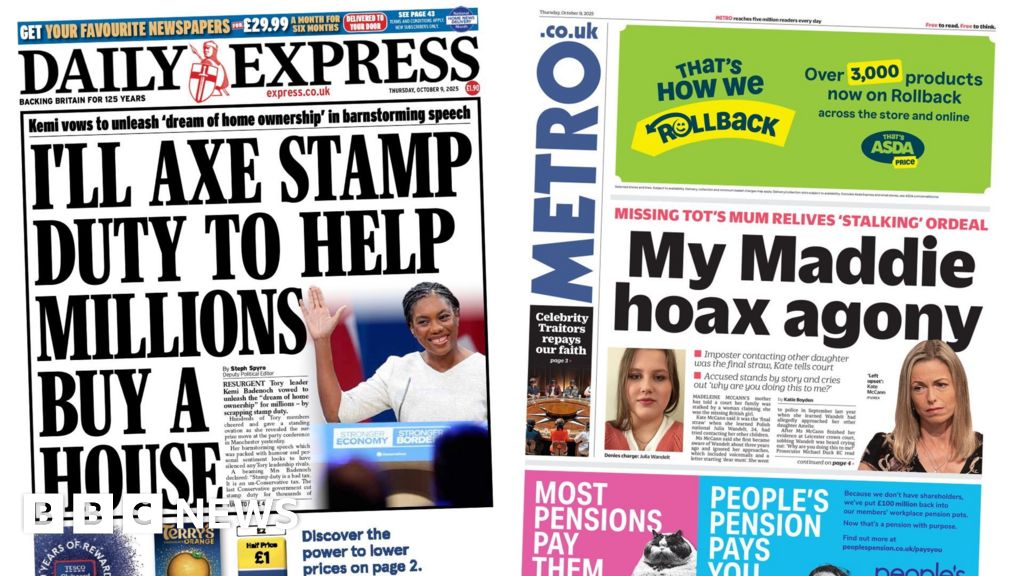
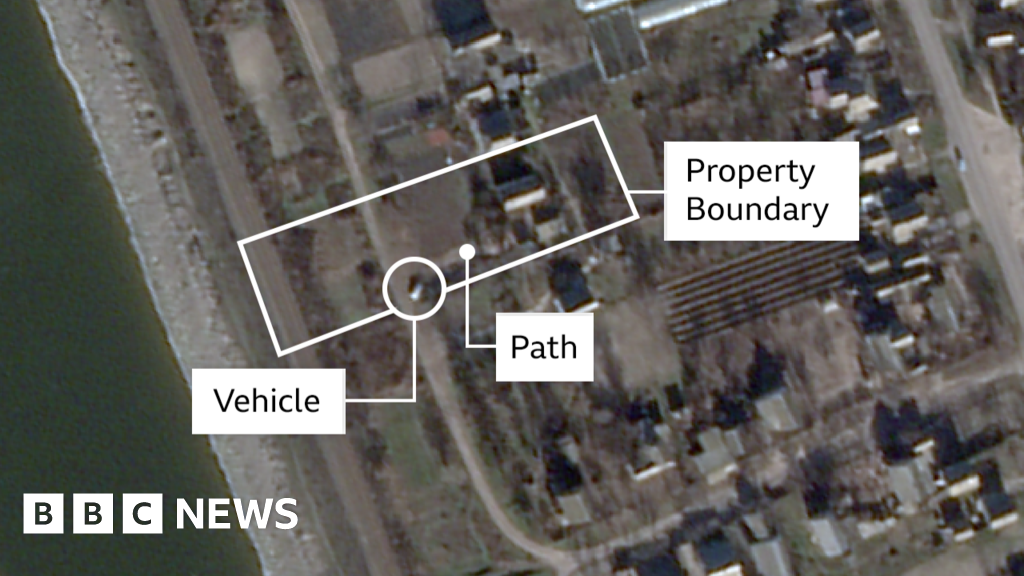
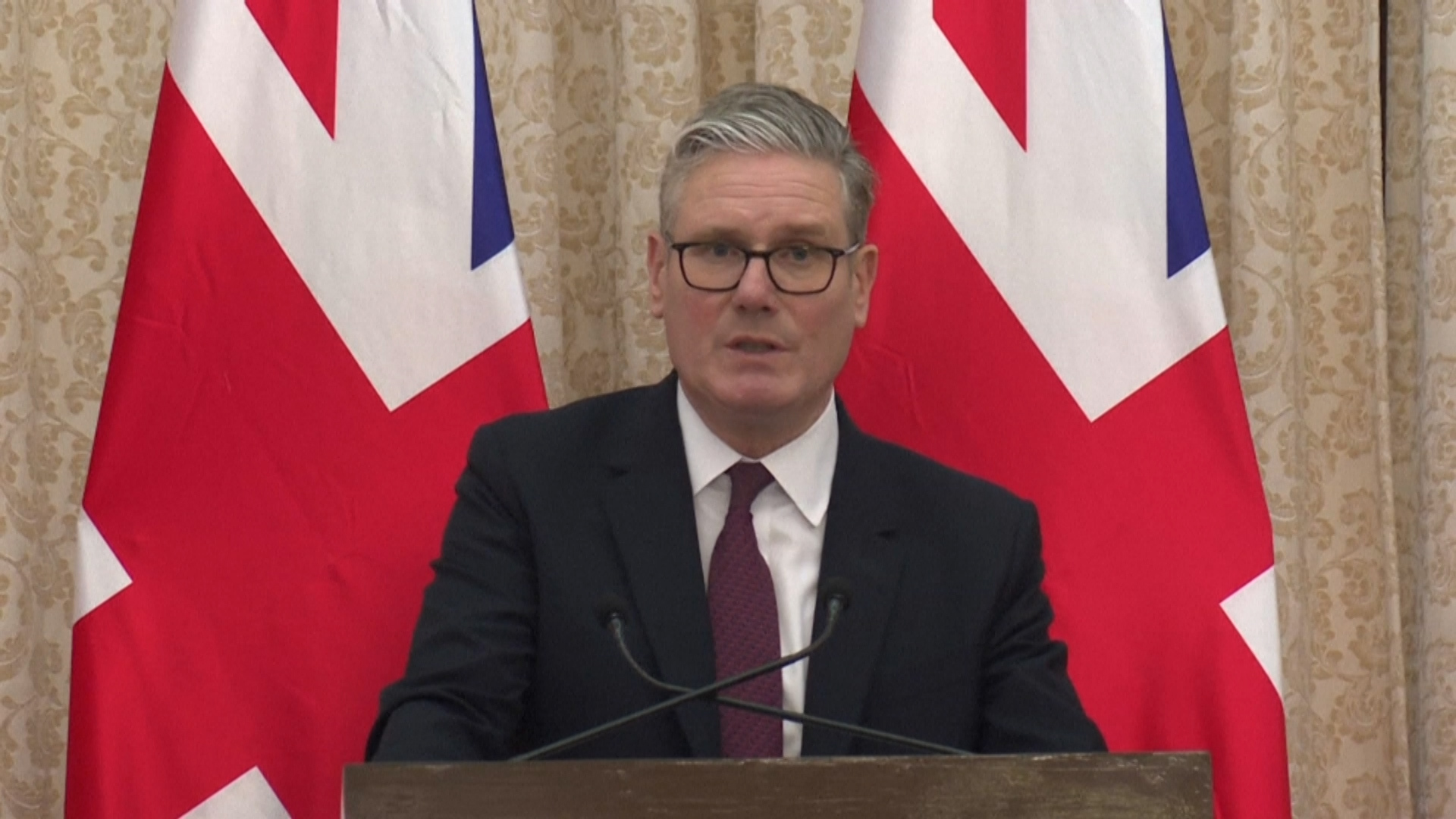

Leave a Reply